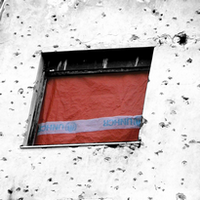Recent reports note the stalled nature of progress towards international reform in Bosnia-Herzegovina, with many even making exaggerated claims of the threat of renewed conflict in the tiny state. Nevertheless, the European Union state-building project in post-conflict Bosnia-Herzegovina has largely been seen as a success, particularly when compared to U.S.-led state-building efforts in Iraq and Afghanistan. Clearly the problems faced in Bosnia have been on a different scale, with a relatively calm security situation. However, on its own terms, international regulation since the end of the conflict has achieved much less than was expected when the international state-building project was implemented following the Dayton Peace Agreement at the end of 1995.
One of the reasons for the relative lack of criticism has been that the EU has managed to present the failures and problems that have emerged, especially in relation to the pace of integration and the sustainability of peace, in ways that have reinforced its claim to have a vital role in the export of an external "good governance" agenda. On the one hand, the limitations of reform have reinforced the EU's projection of its power as a "civilizing mission" into what is perceived to be a dangerous vacuum in the region. On the other hand, through the emphasis on good governance, the EU has sought to avoid the direct political responsibilities associated with this power.
Rather than legitimize its policymaking on the basis of representative legitimacy, the EU's framework of good governance undermines Bosnian autonomy and self-government, by prioritizing administrative and regulative frameworks above democratic choices. The limits to this process are apparent in the tendency to distance policymaking from representative accountability, thereby weakening the legitimacy of governing institutions. As a result, though Bosnia may have international legal sovereignty, it still lacks genuine mechanisms for politically integrating its society.

